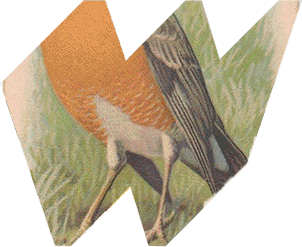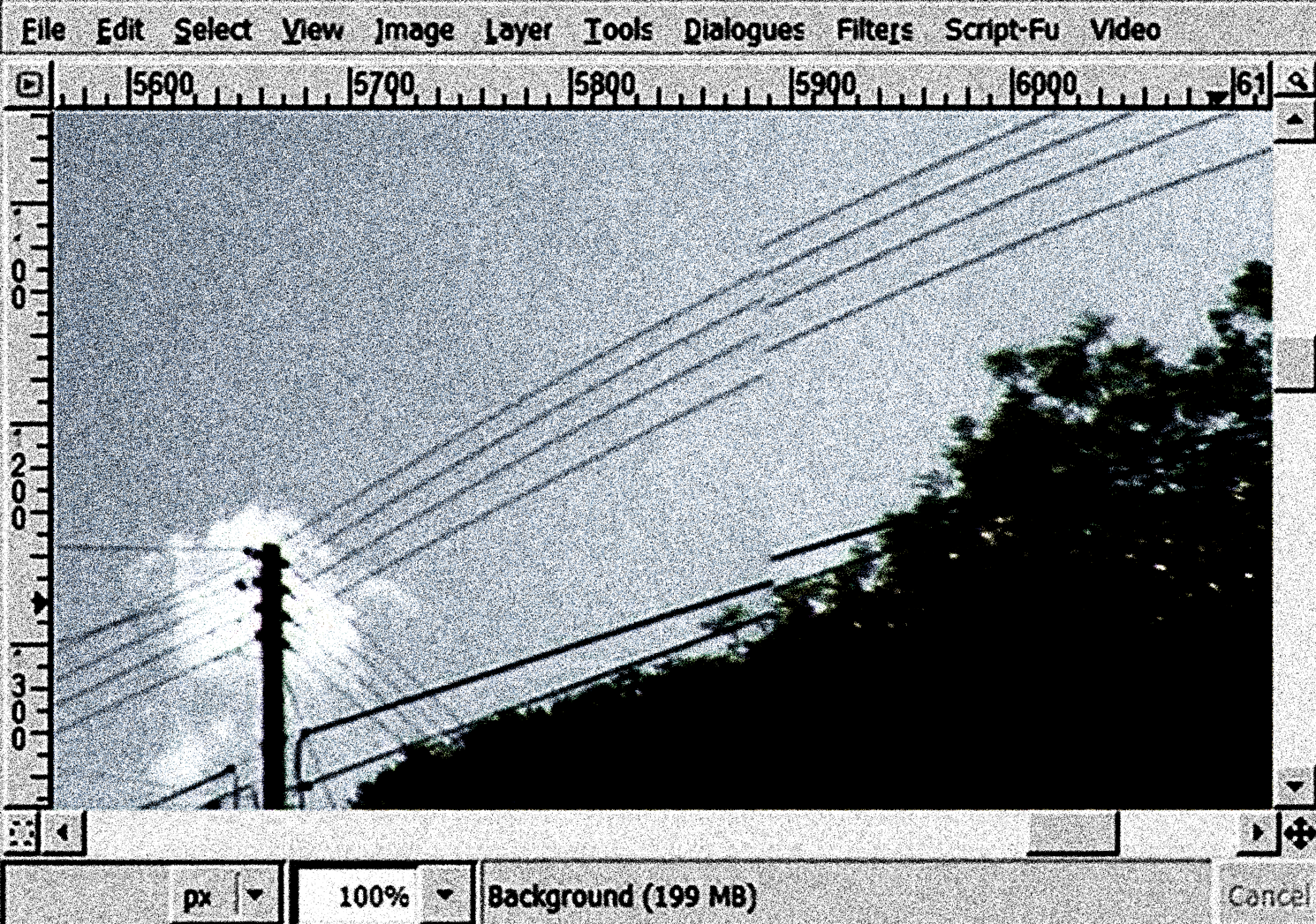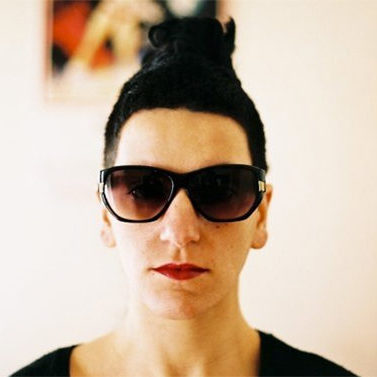
Exhibition
6-11 January
at Culturgest, Lisboa
Performance
6 January, 18h30
West Coast is a nomadic collective of research and artistic creation around the territory and its different dimensions – aesthetics, cultural, social, environmental – which is composed of Álvaro Fonseca, Francisco Pinheiro, Laura Marques, Nuno Barroso and Paul Morais.
The collective started residences on different rivers in the country, integrated into its Guarda-Rios project. Taking several riverside territories, this project aims to investigate how the relations of human beings with their environment (natural or anthropoized) are reflected in the landscape. The first residences took place in the Tagus and Douro International regions along the border between Portugal and Spain, which is partially defined by those two rivers or their tributaries. On the banks of these rivers and streams, West Coast found traces of the recent history of human occupation of their respective territories, such as the different activities and technologies that took advantage of water resources – from fishing and waterways, to the dams that tamed their and converted those rivers, once free, into reservoirs, profoundly changing the landscape. It also observed that a sense of abandonment lingers along these landscapes, derived not only from a disinvestment of central power but also from the disappearance or devaluation of activities linked to land and rivers, which give the expression ‘no man’s land’ an almost literal meaning.
From the stories linked to the rivers, West Coast highlights the ones they hear from the mouths of fishermen who speak about the techniques and fishing gear specific to the different species of fish but also of the gradual disappearance of indigenous species, with the construction of dams or the introduction of exotic species. Other changes in agricultural and pastoral activities have resulted from the progressive abandonment of subsistence or small farming, sometimes replaced by larger or more intensive farms, and the reduction of flocks of sheep or goats and the number of shepherds. These changes were made evident not only by reading the landscape but also by the state of abandonment of several buildings such as walls, shelters and specific structures: the waterlets and the holes, in the Tagus, and the pisões and lofts, in the Douro. The extreme drought, felt throughout the territory, allowed the collective to walk on various dry beds, lunar landscapes that revealed ancestral architectures and residual objects of a reality of proximity to the river.



